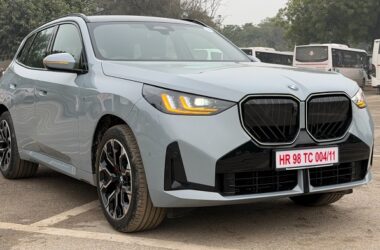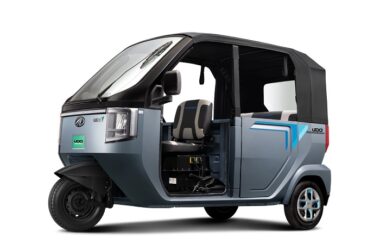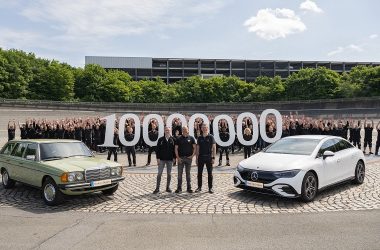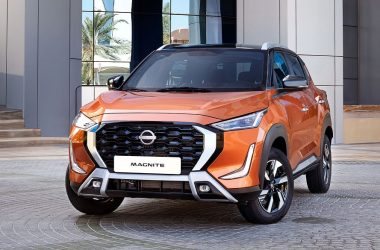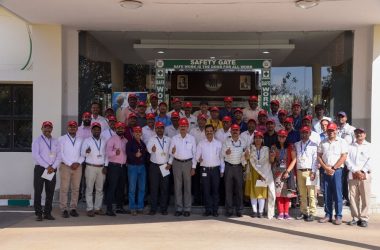MUNICH – In a landmark shift towards sustainable transportation, the BMW Group has announced a significant transformation for its Munich plant. Starting from 2026, the plant will initiate production of the Neue Klasse sedan, a symbol of the company’s electric future. This move marks a pivotal change, as from the end of 2027, the Munich facility will exclusively produce all-electric models, signaling the end of a 75-year era of manufacturing combustion engine automobiles.
Milan Nedeljković, a member of BMW AG’s Board of Management for Production, highlighted the Munich plant’s adaptability and commitment to sustainability, noting the €650 million investment to future-proof the site. “Last year, we launched six all-electric models and set a production record, showcasing our capacity to deliver and shape the future simultaneously,” Nedeljković stated.

Peter Weber, Director of BMW Group Plant Munich, emphasized the plant’s historical significance and its innovative spirit. “Like in the 1960s with the original Neue Klasse, we’re once again laying a foundation for transformation. Even as we produce about 1,000 vehicles daily, we’re steering towards a fully-electric future, starting with the Neue Klasse sedan,” said Weber.
The transition to electromobility at the Munich plant has been smooth and progressive. Since 2015, the plant has produced plug-in hybrid models alongside traditional combustion vehicles. By 2021, the BMW i4 became the plant’s first all-electric vehicle to be manufactured on the same production line. Currently, half of the vehicles produced in Munich are equipped with electric drive systems.
The shift to exclusively electric vehicle production by the end of 2027 marks a historic change, 75 years after the BMW 501’s launch in 1952. Following the new plant in Debrecen, Hungary, the Neue Klasse vehicles will also roll out from production sites in Shenyang, China, and San Luis Potosí, Mexico.
To accommodate this transformation, extensive modifications and investments have been made at the Munich plant. This includes new assembly lines, logistics areas, and a body shop, totaling an investment of €650 million. This revamp ensures the Munich site’s longevity and reinforces Bavaria’s status as a key industrial hub.
The Munich plant’s overhaul is part of BMW’s broader digitalization strategy under the BMW iFACTORY principles, ensuring flexibility, process excellence, and integration across all sites. This strategy encompasses data science, AI, and virtualization to optimize processes and support employees.
This transformation of the BMW Group Plant Munich exemplifies the company’s commitment to innovation and sustainability, marking a new chapter in its storied history and setting a precedent for the automotive industry’s shift towards a greener future.

